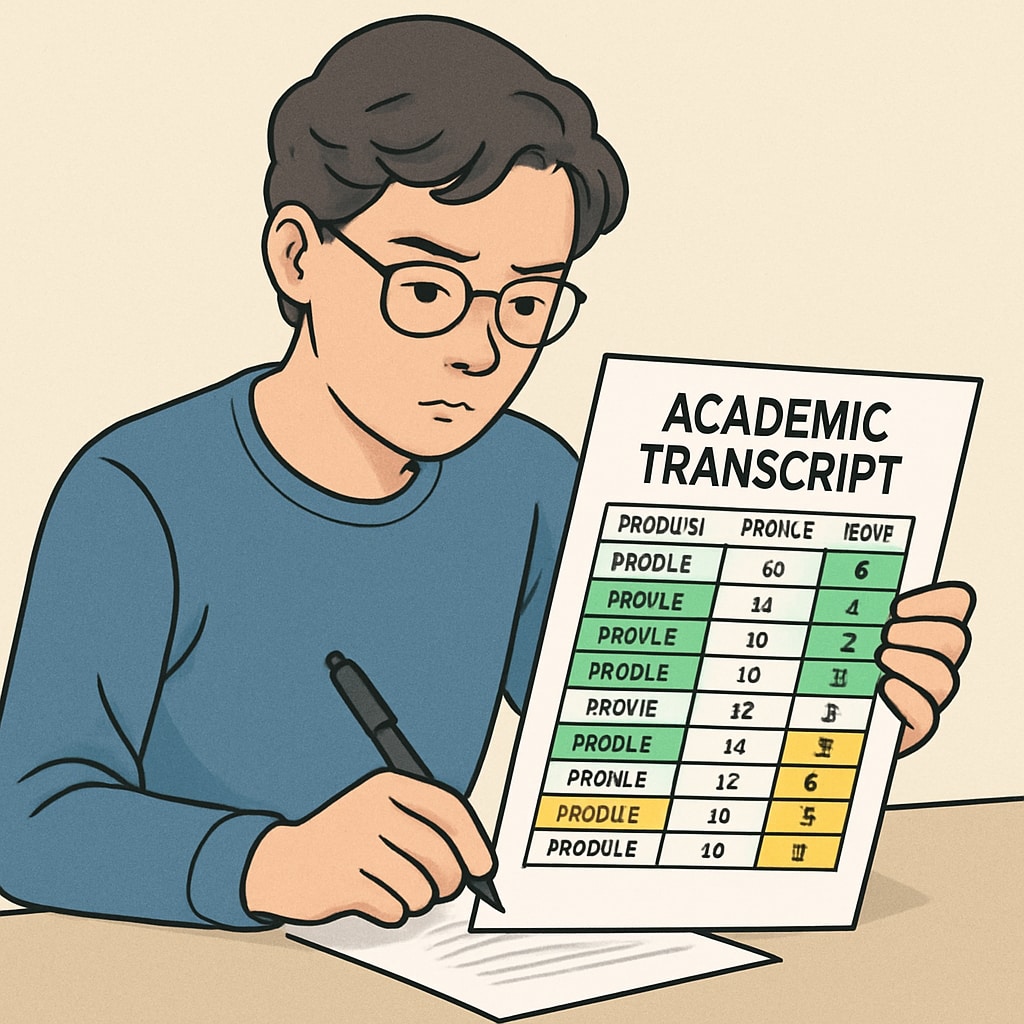Pursuing a master’s degree in the UK can be a transformative experience, but it also comes with its unique challenges. Among these, understanding the credit requirements and the process of dissertation completion can be particularly confusing. Many international students are surprised to find that completing their dissertation does not necessarily guarantee the award of a degree. Instead, they may be required to fulfill additional credit requirements through supplementary modules. In this article, we will explore the UK’s education system, the credit framework for master’s degrees, and strategies to navigate these challenges effectively.

What Are the Credit Requirements for a Master’s Degree in the UK?
In the UK, most master’s programs are structured according to the Credit Accumulation and Transfer Scheme (CATS). Typically, a master’s degree requires students to complete 180 credits. These credits are divided between taught modules, which include lectures, seminars, and coursework, and the dissertation, which is an independent research project.
In many cases, the dissertation is worth 60 credits, leaving the remaining 120 credits to be earned through taught modules. However, not all programs are identical. Certain courses may require additional credits or impose specific conditions for passing modules. Furthermore, international students often face a steep learning curve in understanding and adapting to these academic expectations.
For more information on the UK credit system, you can refer to CATS on Wikipedia.
Why Completing a Dissertation Does Not Always Guarantee a Degree
One of the most perplexing situations for students arises when they successfully complete their dissertation but are still unable to obtain their degree. This usually happens when students fail to meet the credit requirements for taught modules, even if their dissertation has been accepted. In some cases, universities may allow students to retake failed modules, but this often comes at an additional financial and emotional cost.
Another common issue is the misunderstanding of pass marks. In the UK system, simply passing a module may not be sufficient. Students often need to achieve a minimum overall grade or meet specific criteria for certain modules, depending on the program’s regulations. To avoid such pitfalls, students should familiarize themselves with their university’s academic handbook and seek clarification on ambiguous points.

Strategies for Addressing Additional Module Demands
If you find yourself in the situation where additional credits are required after completing your dissertation, there are several strategies to consider:
- Consult Your Academic Advisor: Your academic advisor can provide insights into why certain modules need to be retaken or how you can make up for missing credits.
- Request a Review: If you believe there has been a mistake in your credit calculation, request a formal review of your academic record.
- Consider Resitting Modules: Many universities allow students to resit failed modules during the next academic term, though this may incur additional fees.
- Communicate with the University: In some cases, universities may offer alternative assessments or reduced credit requirements under special circumstances.
Preparation and proactive communication are key. By understanding your program’s requirements early and addressing concerns promptly, you can avoid unnecessary delays in graduating.
Protecting Your Rights as a Master’s Student
As a postgraduate student, you have rights when it comes to academic transparency and support. Universities are obligated to provide clear information about credit requirements, module expectations, and grading criteria. If you feel that your institution has not fulfilled these responsibilities, you can escalate your concerns through the following steps:
- University Complaints Procedure: Most universities have a formal process for addressing academic grievances.
- Seek External Mediation: In the UK, organizations like the Office of the Independent Adjudicator (OIA) offer mediation services for unresolved disputes.
- Engage Your Student Union: Many student unions provide advocacy and support services for academic issues.
Understanding and asserting your rights can make a significant difference in resolving disputes and ensuring that you achieve your academic goals.
In conclusion, the journey to obtaining a master’s degree in the UK involves more than just completing a dissertation. By thoroughly understanding credit requirements, staying informed about university policies, and proactively addressing challenges, students can navigate the complexities of the UK education system with greater confidence. After all, a well-earned degree is not just an academic milestone—it is a testament to perseverance and determination.


